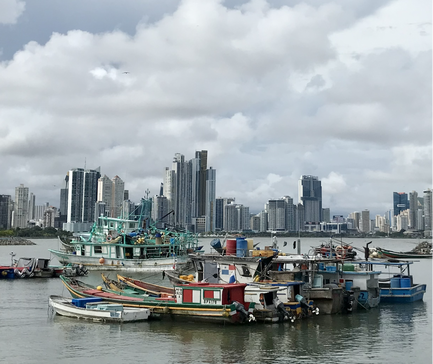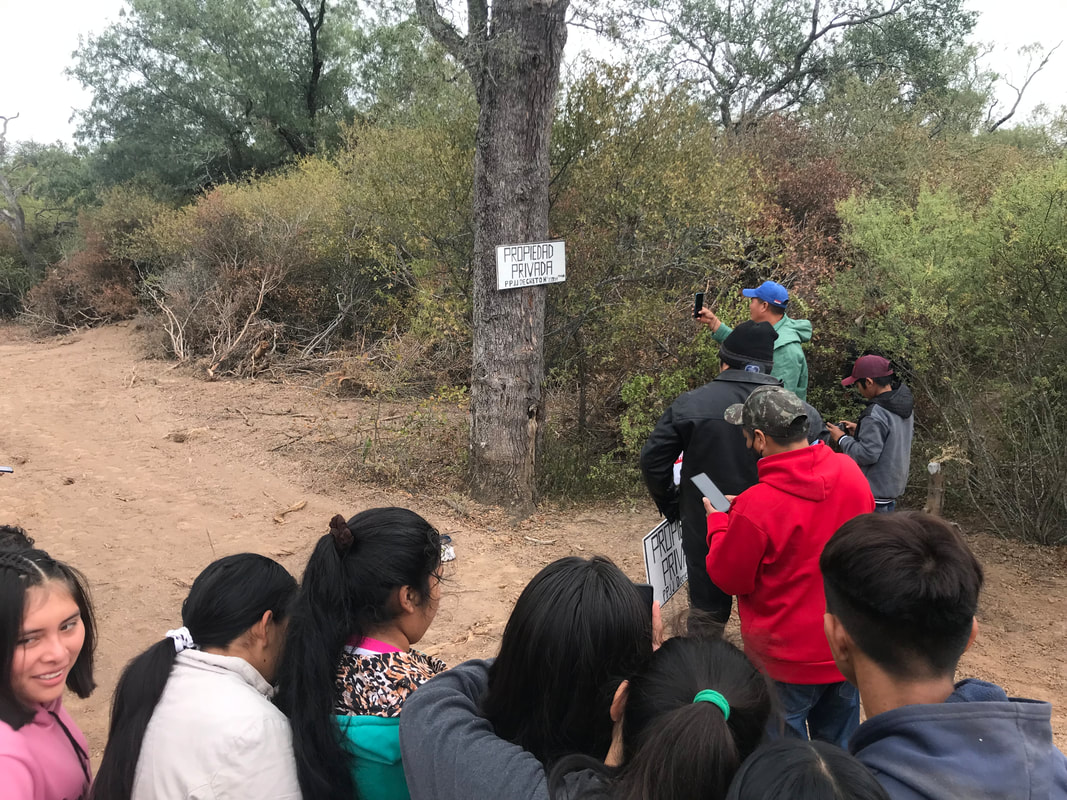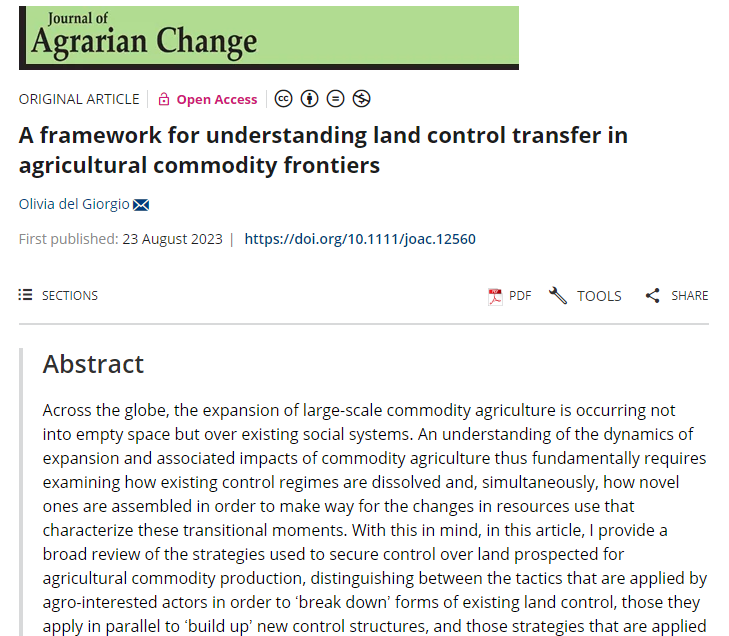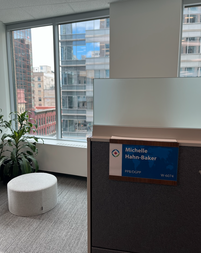0 Comments
 Our new study, years in the making, is finally out! The study, in which Yann, Marie-Claude and Olivia were involved, is an outcome of the project "Socio-ecological resilience in the face of global environmental change in heterogeneous landscapes – building a common platform for understanding and action", headed by Sandra Díaz (Universidad Nacional de Córdoba), in which we participated in 2019-2022. The paper explores the use of the concept of resilience, which has gone from a relatively obscure idea to somewhat of a household item over the last couple of decades. We argue that the idea’s appeal lies in part in the fact that it is intuitive and cuts across disciplines, much like that of sustainability, for example. Yet, when the time comes of applying it to real-life contexts, not all studies use the concept of resilience rigorously. We wanted to know how empirical studies, not just conceptual or modeling work, were tackling resilience. In particular, we were curious to see how many of these studies met what we called basic operationalization criteria – criteria that indicate a minimum level of rigor and comparability in these studies –, namely, defining a system of interest, specifying disturbances, providing a definition of resilience, evaluating resilience (either qualitatively or quantitatively), and for studies that examine social-ecological systems, integrating social and ecological dimensions in that evaluation. We found thousands of academic papers that used the word in the last couple of decades but focused on 463 that were empirical and meaningfully engaged with the concept of resilience. Among these, we found that over half (51%) failed to meet at least one of these operationalization criteria, and that among studies of social-ecological systems, a majority (54%) did not integrate social and ecological dimensions in their evaluation of resilience. Even those articles that met our criteria often did so just barely, staying relatively vague for example in their definition of the system of interest or in how social and ecological dimensions were related. To indicate a way forward, we looked at good examples in our database and suggested some “best practices” for future empirical studies of resilience. Olivia is back in the office after five months of fieldwork in the Argentine Chaco. Between May and July, she spent most of her time talking with people that have recently migrated away from the forest towards a rapidly growing town, to understand the pressures acting on families living through the expansion of soy and maize monoculture in the region. Then, in July and August, Olivia made her way into the forest to work with charcoal producers. By examining the supply chain of this nationally important commodity she's found that there are fascinating (albeit worrying) feedbacks happening between agricultural expansion and charcoal production in the region (stay tuned!). Finally, in September, Olivia gave a workshop (aimed at exposing youth living in rural communities of Santiago del Estero to concepts in Ecology) in twelve primary schools. During these, she had a chance to interview many teachers - inarguably the experts on the dynamics of outmigration happening in the region. What's next? Lots of data analysis for the next couple months, and then hopefully a return trip to continue the workshops in April and May!
A couple of weeks of intense* fieldwork in the Pilcomayo have allowed Yann to answer some pending questions on settlement history and land conflicts on the left bank of the Pilcomayo river in Paraguay - and, of course, generate some new ones. Next steps are creating a draft booklet of settlement history in the area to disseminate locally and starting to write all this up as academic papers, linking what is happening there to theories of agricultural frontiers, land use regime shifts, and land access changes. Stay tuned!
*) Temperatures of up to 44 degrees Celsius without fan or AC and a solid 800km on the back of a motorbike on some of the worst roads of the country will wear one out!
|
LENDEV LAB
Come here for some news about the activities of our group - publications, fieldwork and more! Archives
July 2024
CategoriesCopyright © 2023 by Yann le Polain de Waroux. All rights reserved.
|





 RSS Feed
RSS Feed
